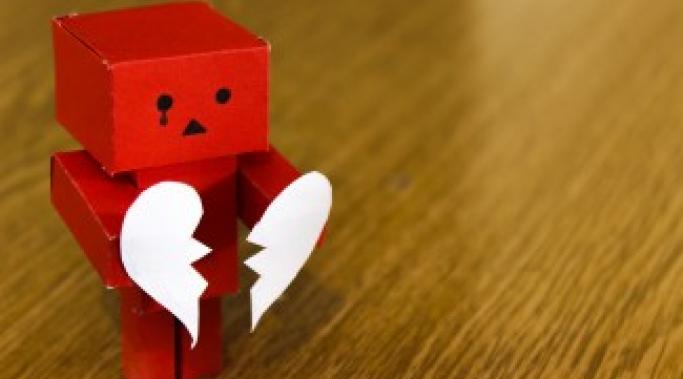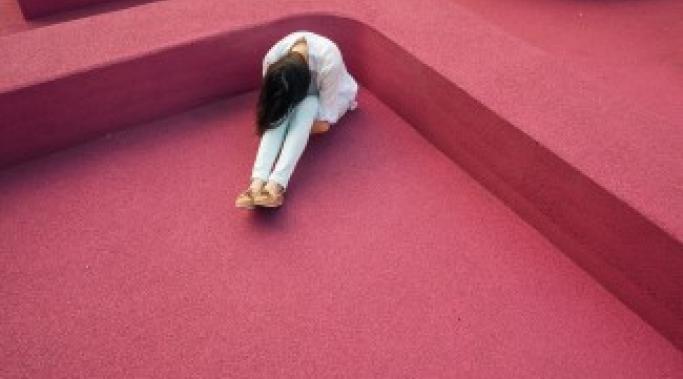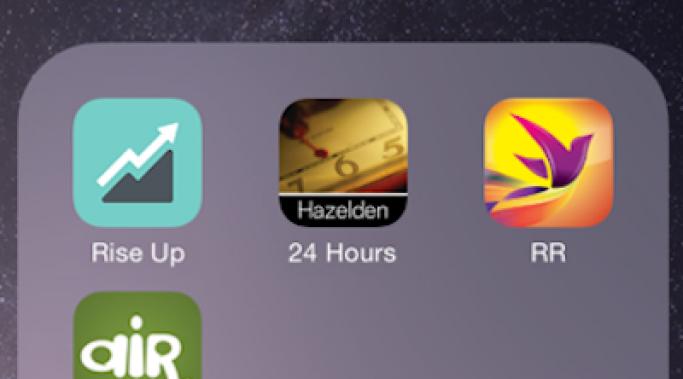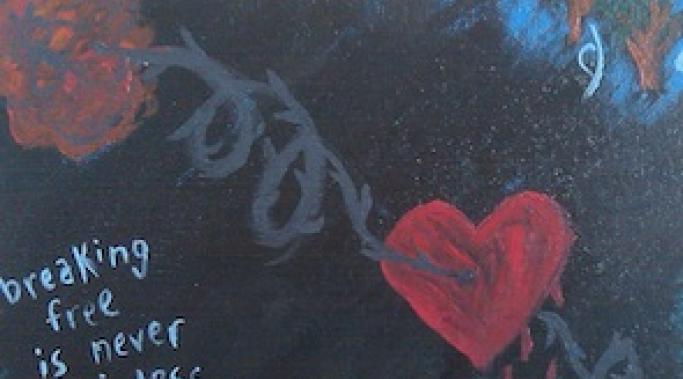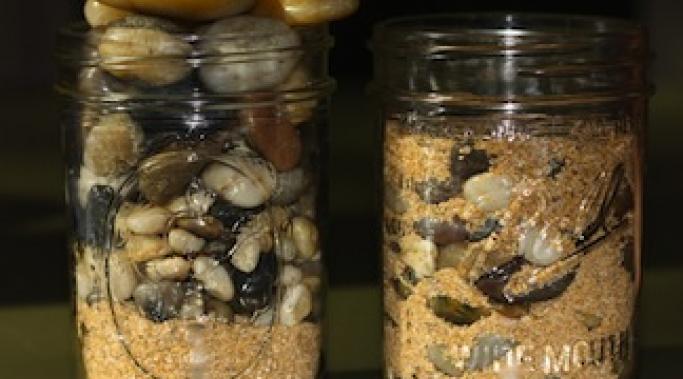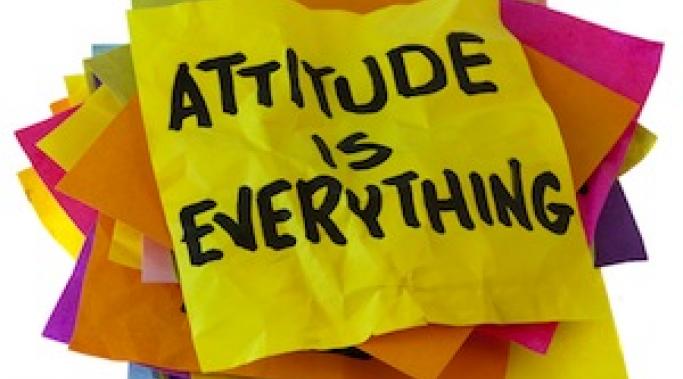When our eating pattern and eating disorder are exposed, there’s a connotation that something is broken, unsettled, or disordered. Disorder is a term that swims in a level of metaphorical darkness. No one wants to admit that they have a disorder.
It’s much easier to say that we have strange eating patterns, or that we exercise intensely. No matter what level our eating, body image, or exercise patterns lie, if they’re causing us stress in any part of our lives, then they’ve become a problem. So the exposure of our eating patterns and eating disorder can be a good thing.
Relapse Prevention
It comes as no surprise that eating disorders break our hearts. One of the most important relationships we will have in our lives will be the one we have with our eating disorder. Perhaps others view our eating disorder simply as a medical diagnosis. However, most of us who’ve lived with it know that it takes on a life of its own. It becomes our closest friend and confidant, the closest relationship in our lives. It often becomes a strange triangulation and stands in the way of connection with romantic partners and friends. At its worst, the eating disorder breaks our hearts time and again. It’s no surprise why.
Safe coping skills in eating disorder recovery are so important. Having an eating disorder can feel like walking around in a black hole, lost and in darkness. As we all know, simply stopping the disorder doesn’t happen overnight. In recovery, we go through a process of learning our triggers. Prior to this, we never knew when we’d be triggered and when that neural pathway would fire us down the road of our disordered patterns. In the disorder, we often had zero coping skills for emotions except the eating disorder, so, naturally, it’s the one we chose every time. In our eating disorder recovery we can develop many safe coping skills to assist us in getting, and staying, healthy.
Dealing with weight changes in eating disorder recovery is tough. I remember standing in the dressing room at the mall, staring at myself in the mirror. Tears slid quietly down my face so no one would hear, or ask if I was okay, or if something was wrong. How do you explain that your body doesn’t feel like it belongs to you? How do you tell them that your body used to be thin and clean but now bulges where it shouldn’t, collects and pockets, and juts out towards the walls, taking up space? How do you explain this when they think you look fine, good even, while the inside of your head is screeching, “You fat, disgusting pig?" You may want to read these tips about how to deal with weight changes in eating disorder recovery.
I’ll be honest, when I was faced with buying a new phone a few months ago, a major factor in my decision was the selection of phone apps available for eating disorder recovery. I’d previously had a Windows phone, which offered very little in the way of available apps of any kind, much less for eating disorder recovery. So I finally joined the rest of the world and bought an iPhone. I’ve spent the last month or so downloading different eating disorder recovery apps and trying them out – here’s what I have found.
My anorexic brain is positively screaming at me not to write the next sentence of this because it is so shameful. I have gained weight. Don’t be mistaken – I have been maintaining a healthy weight for my body for almost a year so this weight is extra, unnecessary, too much. My brain is shouting, “Fat!” at me almost 24 hours a day. Right now, more than anything, I’d love to scrap my recovery and throw myself headlong into eating disorder behaviors. But I have to focus on recovering from my eating disorder even when I want to quit.
Around Christmas, I invited you guys to consider whether or not you are putting your recovery from an eating disorder as your first priority. I hope you were able to take some time and really sit with that question and come up with an honest answer for yourself. I have. That’s the thing about putting your eating disorder recovery first – you need to regularly check in with yourself and see if you are still putting your health and recovery first. And if you’re not, you need to figure out how to change that.
When I first embarked on the long road that is recovery from anorexia, I did so half-heartedly. It was something I thought I "should" do, so I just went through the motions. I saw my therapist. I saw my dietitian. I went to a support group. But aside from that, very little changed.
I was hospitalized in an inpatient facility for a few days recently (not for my anorexia, but a comorbid condition). I was there long enough to see some patient turnover and was reminded just how much the attitudes of people you are in treatment with can affect you. In school, we call this the "therapeutic milieu." I prefer to think of it as the general "vibe" of the unit.
In the last six years since the start of my eating disorder recovery, I've been pretty diligent in trying to make an effort not to skip meals along with the inevitable emotions that will surface at times when I interact with food. However, lately with the stress of an active lifestyle, I have found it harder to remember to enjoy and relax while eating, as it feels like it takes away time from other important things. Realizing that this could lead to falling into old patterns, I recently decided to take a mindfulness workshop whose topic was the art of eating with a clear mind, three times a day.

